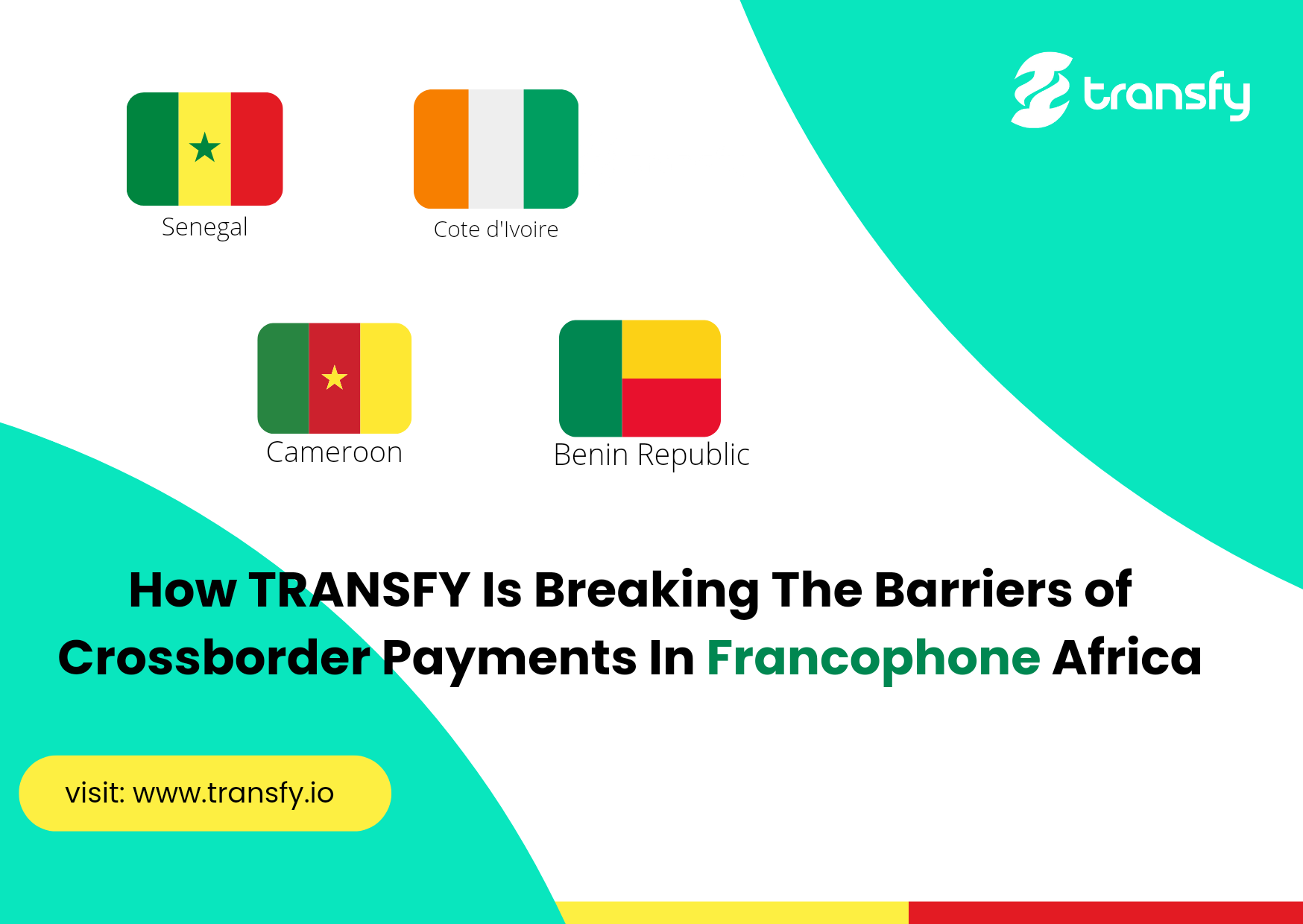The internet has become an integral part of our everyday lives, as people use it for many different reasons, including sending money online. From online shopping to bill payments to online banking, the internet is filled with innovative platforms that facilitate seamless online transactions. These platforms provide online banking and money remittance services making foreign transactions convenient and hassle-free for individuals and businesses.
However, as with all good things, there is also a dark side to using the internet for online payments. According to the Insurance Information Institute, the FBI reported a record of 847,346 complaints of cybercrimes in 2021. This shows the high rate of fraudulent activities happening on the internet - from phishing emails to malicious websites; using today's internet demands a high level of carefulness to avoid getting scammed.
Ordinarily, online scams may happen when you compromise your details through fake lottery wins, alerts, malicious websites, phishing emails, etc. It could also occur when you send money to strangers or impersonators pretending to be someone you know. Although Cyber hackers may get hold of your details using special hacking techniques and technologies. However, the goal is to make it harder for them to break down your defenses.
This article explores five security tips to help you stay extra safe and avoid getting scammed when sending money online.
So, How can I Send Money Without Getting Scammed?
The following tips can help you stay one step ahead of getting scammed when you transact online:
- Transact only on registered and verified money remittance platforms
- Use strong password combinations
- Make sure the website is secure and trusted.
- Use a fast internet connection.
- Beware of phishing and malicious emails
Transact only on registered and verified money remittance platforms
With so many money remittance platforms offering competitive rates, it can be tempting to look for a cheaper alternative. However, you may find offers that sound too good to be true in searching for more affordable options. Ideally, if it's too good to be true, there is a high chance that it could be a scam. So, ensure you confirm their authenticity before making any transaction. You could also check for online reviews of any platform you would want to use to know how other users are reacting to their products and services.
If you have to send money to someone you've never met, using a legit website will also help you verify the recipient's identity, thereby giving you a means of identifying the recipient, should it be a case of a scam.
To be safe, you can use Transfy. This safe and secure money remittance platform allows you to transfer money across several African countries conveniently from your home or mobile device.
Use a potent password combination
Your password is the master key to most offline and online accounts and profiles. Anyone with your password can gain access to your accounts without stress. Ideally, you are advised to use a strong and unique password combination of upper and lowercase letters, numbers, and special characters and symbols, which are easy for you to remember but difficult for others to guess.
Also, avoid using common words or phrases or passwords that contain personal information, such as your date of birth. And avoid disclosing your account details or password to anyone, even if they claim to have authorization from the company. It also helps to use unique passwords for different websites or accounts; if hackers crack into one, it will be difficult for them to access your other accounts.
However, using a strong password combination alone, may not be up to par with securing and safeguarding your account, and that's where multi-factor authentication comes in. This will help mitigate the risk of hackers gaining access to your account because of the extra level of security it provides. Furthermore, If you suspect unauthorized access, it’s best to report immediately to the company’s customer support team for further assistance.
Make sure the website is secure and trusted
Another way to protect your online money transfer, especially for a platform you're unsure of, is to check the "HTTPS" sign-in website link before sending any private information. The "s" stands for secure, meaning your details are encrypted.
This will help protect your details from being compromised, should anyone get hold of your data on the website, I.e., your usernames, passwords, credit card details, etc., without you knowing about it.
Use a secure internet connection
In addition to looking out for the Secure Sockets Layer (SSL certificate) — indicated by the "HTTPS" in the website address — ensure your computer is connected to a secured network.
For example, if you're on a public Wi-Fi network, your sensitive data could be exposed to anyone within close range with malicious intentions. In other words, avoid free internet connections and WI-FI in public places. Nothing is free in Freetown.
To be safe, only log in to accounts with sensitive data from trusted private networks, such as your home Wi-Fi connection or a virtual private network (VPN).
Beware of phishing and malicious emails
Phishing is a common scam technique used by cyber-criminals to steal your money and personal information. It's usually done through emails but can also be carried out via text messages, phone calls, or even instant messaging applications.
Although a phishing email may look like a trusted sender (e.g., a bank or a known retailer) and may contain the sender’s logo and other convincing details, these details trick you into believing that the email is from a legitimate source. The content can range from demanding you update your account information to asking you to click on a link or an attachment, which then installs malware on your computer or mobile device, giving the scammer access to your data and personal information.
It is best to delete such emails, or texts as soon as you get them to avoid clicking on suspicious links that could endanger your device and details.
Finally,
Internet scams and phishing attacks are popular money-making schemes for hackers and identity thieves worldwide. In a world where anyone can send and receive money online, it is essential to stay safe when transacting. With measures like those above, you can enjoy the convenience of sending money without worrying about potential security threats.
Transfy is a Pan-African money remittance platform that helps individuals and businesses to seamlessly and conveniently transfer money across Africa in multiple currencies. With our web or mobile platforms, you can easily send money on the go without worries.



